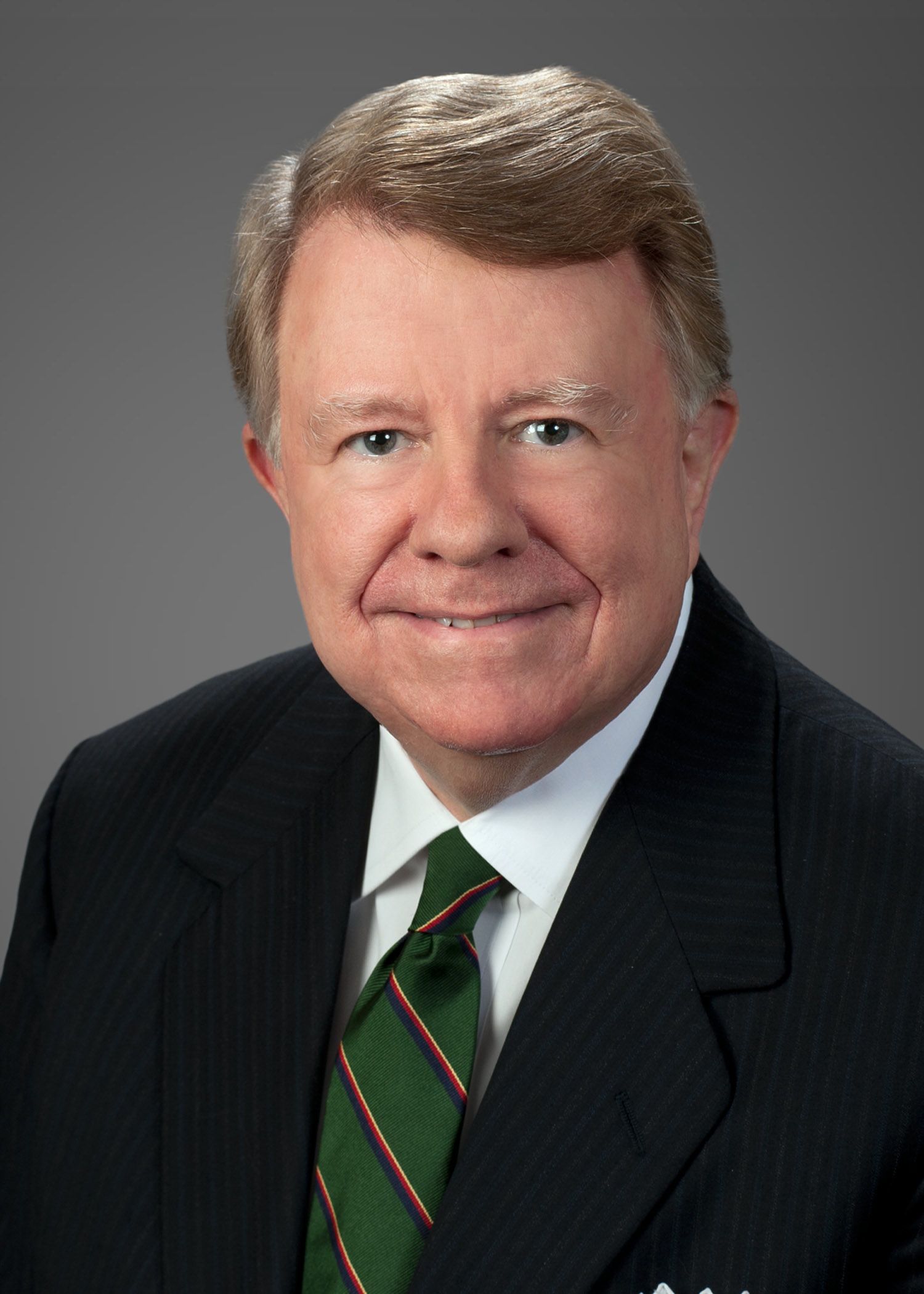Despite Growing Momentum, Repeal of Medical Device Tax Faces Significant Hurdles
On March 21, 2013, the United States Senate approved an amendment by a vote of 79 to 20 to repeal the 2.3 percent medical device excise tax.
On March 21, 2013, the United States Senate approved an amendment by a vote of 79 to 20 to repeal the 2.3 percent medical device excise tax. The tax, which went into effect this past January, was included as part of the Patient Protection and Affordable Care Act.
Despite the vote, it is far from clear that repeal of the tax will occur. The repeal is largely symbolic because the resolution was an amendment to the Senate Democrats’ budget, a partisan measure that is not likely to pass the Republican-controlled House of Representatives. Further, although this type of amendment binds Congress to certain budgetary priorities, it does not have the force of law. The resolution is not likely to be brought to the Senate as a stand-alone bill, but it may be considered in general discussions to revamp the tax code and cut the deficit.

William Kitchens
Another substantial obstacle the repeal faces is included in the resolution itself: the repeal cannot “increase the deficit over either the period of the total of fiscal years 2013 through 2018 or the period of the total of fiscal years 2013 through 2023.” Despite this condition, the resolution does not include an offset to the cost, and the Joint Committee on Taxation estimates that repealing the tax would cost $29 billion over a 10-year period. Thus, even if the repeal were to eventually pass, Congress would need to find a way to compensate for the repeal.
Although Congress has introduced legislation that would offset the tax, these efforts have not yet been met with broader Congressional support. Sources remain doubtful about Congress agreeing on an alternative source of revenue. Nonetheless, the resolution is evidence that a growing number of Senators have begun to support the repeal. The resolution was adopted by a significant majority in the Senate, which demonstrates that future legislation to repeal the medical device tax could attract similarly strong bipartisan support. The bipartisan amendment was introduced by Sen. Orrin Hatch (R-UT) and Sen. Amy Klobuchar (D-MN).
William Kitchens is partner, food and drug practice, at Arnall Golden Gregory LLP. He can be reached at william.kitchens@agg.com.
Addressing Disparities in Psoriasis Trials: Takeda's Strategies for Inclusivity in Clinical Research
April 14th 2025LaShell Robinson, Head of Global Feasibility and Trial Equity at Takeda, speaks about the company's strategies to engage patients in underrepresented populations in its phase III psoriasis trials.
Beyond the Prescription: Pharma's Role in Digital Health Conversations
April 1st 2025Join us for an insightful conversation with Jennifer Harakal, Head of Regulatory Affairs at Canopy Life Sciences, as we unpack the evolving intersection of social media and healthcare decisions. Discover how pharmaceutical companies can navigate regulatory challenges while meaningfully engaging with consumers in digital spaces. Jennifer shares expert strategies for responsible marketing, working with influencers, and creating educational content that bridges the gap between patients and healthcare providers. A must-listen for pharma marketers looking to build trust and compliance in today's social media landscape.